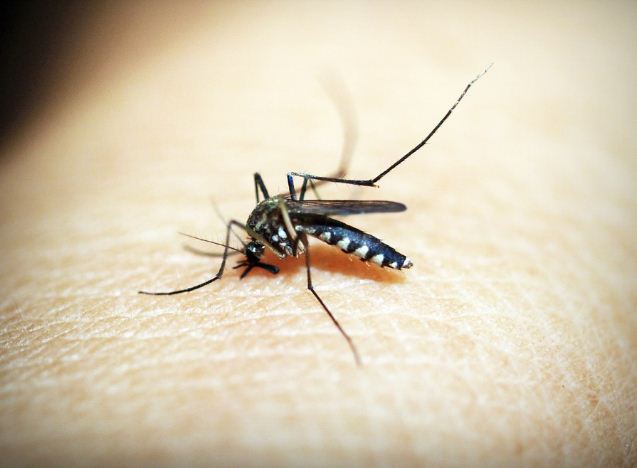
World Malaria Day, observed annually on April 25th, serves as a global call to action to raise awareness and mobilize resources for the prevention and treatment of malaria—a deadly mosquito-borne disease that continues to affect millions worldwide.
Date:
World Malaria Day is commemorated on April 25th each year. In 2024, this important day falls on a Thursday, providing an opportunity for individuals, communities, and organizations to come together and amplify their efforts in the fight against malaria.
History:
The origins of World Malaria Day can be traced back to Africa Malaria Day, first observed in 2001. Recognizing the need for greater international attention and coordinated action against malaria, the World Health Organization (WHO) officially designated April 25th as World Malaria Day during the 60th session of the World Health Assembly in 2008. Since then, World Malaria Day has been instrumental in raising awareness, mobilizing resources, and advocating for malaria control and elimination efforts worldwide.
Significance:
World Malaria Day holds immense significance as a platform to highlight the global burden of malaria and the urgent need for collective action to combat the disease. With an estimated 229 million cases and 409,000 deaths reported in 2019 alone, malaria remains a major public health challenge, particularly in regions with limited access to healthcare and resources. The theme for World Malaria Day 2024—”Accelerating the fight against malaria for a more equitable world”—underscores the importance of addressing disparities in access to malaria prevention, diagnosis, and treatment services. It emphasizes the need for concerted efforts to ensure that all individuals, regardless of their socioeconomic status or geographic location, have access to life-saving interventions and healthcare services.
World Malaria Day serves as a catalyst for advocacy, innovation, and collaboration in the global fight against malaria. It provides an opportunity for governments, organizations, healthcare professionals, researchers, and communities to come together, share knowledge, and work towards a common goal: a malaria-free world. By raising awareness, mobilizing resources, and implementing evidence-based interventions, we can accelerate progress towards malaria control and elimination, ultimately saving lives and improving health outcomes for millions of people worldwide.




























